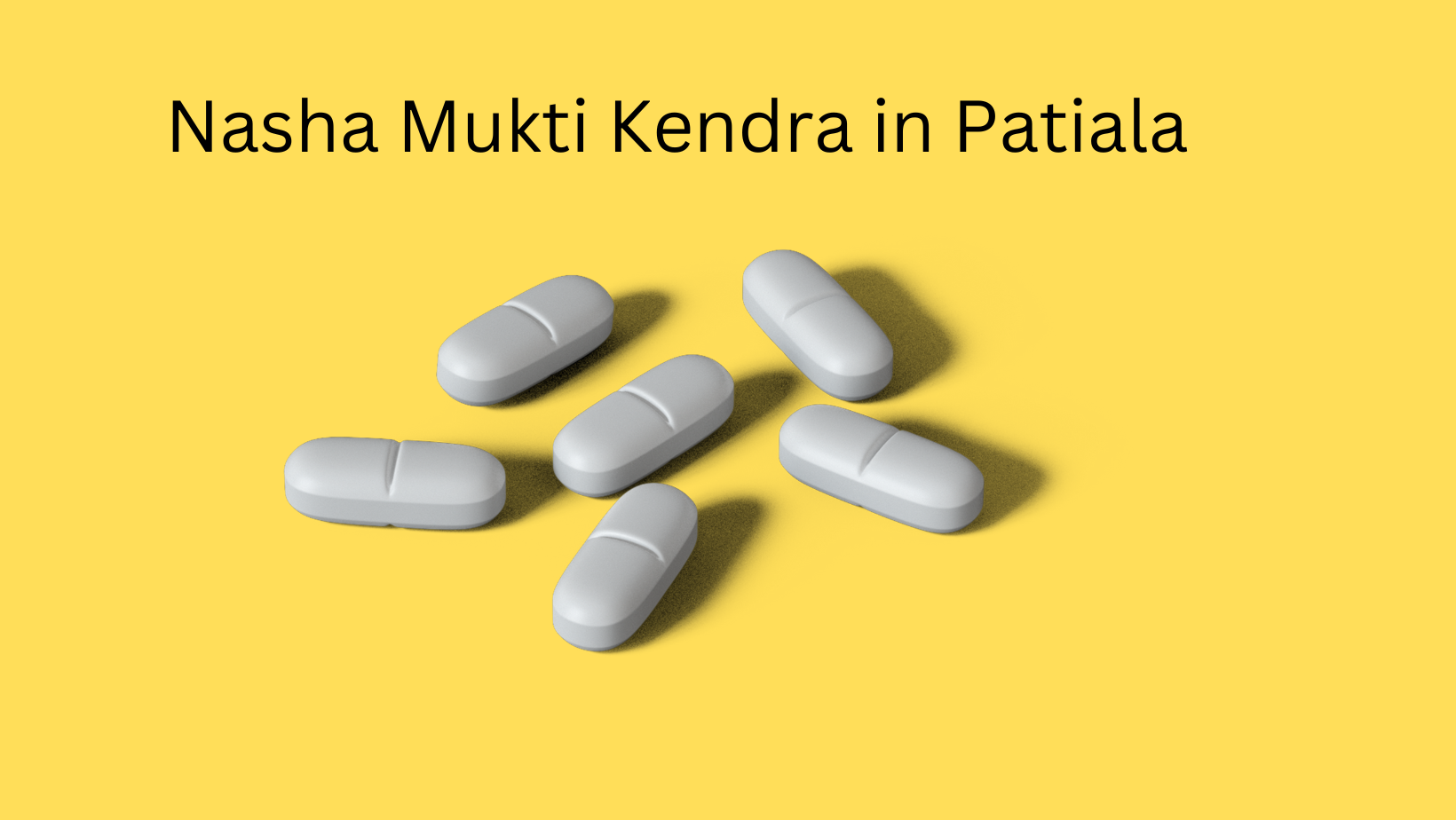Can Alcohol Addiction Be Cured?

Alcohol addiction, also known as alcohol use disorder (AUD), is a pervasive issue affecting millions worldwide. It doesn’t discriminate against age, gender, or background, often creeping into lives unnoticed before causing significant health, emotional, and social problems. When someone is trapped in the cycle of addiction, one of the most pressing questions is, “Can alcohol addiction be cured?” The answer is complex. While addiction is often seen as a chronic condition, much like diabetes or heart disease, treatment, and recovery are possible with the right approach. This article explores whether alcohol addiction can truly be “cured” and what steps can lead to long-term recovery.
Understanding Alcohol Addiction
Before diving into whether alcohol addiction can be cured, it’s crucial to understand what addiction is. Alcohol involves both physical and psychological dependence on alcohol. Over time, a person’s brain chemistry adapts to the presence of alcohol, leading to tolerance and withdrawal symptoms when they stop drinking. Addiction can influence behavior, emotions, and mental health, creating a cycle that’s difficult to break.
Alcohol isn’t just a matter of willpower; it is a disease that alters brain function. These changes make it harder for individuals to make rational decisions, regulate their drinking, or quit without support. Hence, the notion of “curing” alcohol needs to address these deep-rooted changes.
Alcohol Addiction: A Chronic Disease
Alcohol addiction is often compared to chronic diseases like asthma, hypertension, or diabetes. Just like these conditions, alcohol can be managed but may require lifelong attention and care. This is why many experts believe that, rather than being “cured,” alcohol can be managed with effective treatments and lifestyle changes.
Recovery is possible, and individuals can lead fulfilling lives without alcohol. However, much like other chronic conditions, relapses may occur, and ongoing maintenance is essential. Accepting this reality is critical for managing expectations and preventing feelings of failure during recovery.
Treatment for Alcohol Addiction: A Path to Recovery
While alcohol may not have a straightforward cure, numerous treatment options can help individuals recover and maintain sobriety. The key to success is a personalized approach, addressing the individual’s unique needs and circumstances. Here are some of the most effective treatment methods for overcoming alcohol addiction:
Detoxification:
The first step in treating alcohol is often detoxification, where the body clears itself of alcohol. This process can be challenging and sometimes dangerous, especially for heavy drinkers, due to withdrawal symptoms like anxiety, tremors, and seizures. Medical supervision during detox is often necessary to ensure safety and comfort.
Rehabilitation Programs:
Rehab centers offer structured environments where individuals can focus solely on recovery. Inpatient rehab programs provide round-the-clock support, while outpatient programs allow individuals to receive treatment while maintaining their daily responsibilities. These programs typically include individual and group therapy, counseling, and educational sessions.
Cognitive-Behavioral Therapy (CBT):
CBT is a widely-used form of therapy that helps individuals recognize and change negative thought patterns and behaviors related to alcohol use. By learning new coping strategies and understanding triggers, people can develop healthier ways to handle stress, anxiety, or other emotional issues without turning to alcohol.
Medication-Assisted Treatment (MAT):
Certain medications can be used to reduce cravings or minimize withdrawal symptoms. For instance, drugs like naltrexone, acamprosate, and disulfiram have been approved to help people recover from alcohol addiction. These medications are often used alongside therapy for a more comprehensive treatment approach.
Support Groups:
Support groups like Alcoholics Anonymous (AA) provide a vital community for individuals recovering from alcohol. The 12-step program used by AA emphasizes personal accountability, community support, and spiritual growth, helping individuals maintain long-term sobriety.
Can Alcohol Addiction Be Cured?
The term “cure” suggests a complete and permanent solution to a problem, and in the case of alcohol addiction, this may not be entirely accurate. Instead of focusing on a cure, it’s more helpful to view alcohol addiction as a manageable condition. Long-term recovery is possible, and many people successfully live alcohol-free lives after treatment. However, the risk of relapse is always present, especially if underlying issues like mental health disorders or chronic stress aren’t addressed.
Recovery from alcohol addiction is often a lifelong process, requiring ongoing commitment, support, and self-awareness. With effective treatment, individuals can control their addiction and make lasting changes that improve their quality of life.
The Role of Relapse in Recovery
It’s essential to acknowledge that relapse is a normal part of the recovery journey for many individuals. While relapse may feel like a failure, it’s crucial to view it as a learning experience and an opportunity to strengthen one’s resolve. Addiction treatment isn’t linear, and setbacks can happen even after years of sobriety. The key is to develop strategies to manage cravings and triggers, seek support when needed, and remain committed to the recovery process.
Maintaining Long-Term Sobriety
Achieving sobriety is a significant milestone, but maintaining it requires ongoing effort. There are several strategies that individuals can use to stay on the path to recovery:
Building a Support Network:
Surrounding oneself with supportive friends, family, or members of a recovery community can make all the difference. A strong support network provides encouragement, accountability, and a sense of belonging, which can help individuals resist the temptation to drink.
Developing Healthy Habits:
Replacing old drinking habits with new, healthy ones is crucial for maintaining sobriety. Exercise, mindfulness practices, hobbies, and regular sleep patterns can all contribute to a stable, alcohol-free lifestyle.
Continuing Therapy or Counseling:
Even after completing a formal treatment program, ongoing therapy or counseling can provide invaluable support. Many people benefit from long-term therapy, particularly when dealing with co-occurring mental health conditions like depression or anxiety.
Avoiding Triggers:
Identifying and avoiding triggers that lead to drinking is essential for relapse prevention. This might involve steering clear of social events where alcohol is present or finding new ways to cope with stress without turning to alcohol.
Personal Stories: The Power of Recovery
Countless individuals have successfully overcome alcohol addiction and gone on to live fulfilling, sober lives. Their stories of resilience and determination provide hope for others struggling with the same challenges. One of the most empowering aspects of recovery is realizing that alcohol no longer controls one’s life. With the right treatment, support, and mindset, anyone can break free from the chains of alcohol addiction.
Can Alcohol Addiction Be Cured?
As we circle back to the central question, “Can alcohol addiction be cured?” the most honest answer is that while there may not be a permanent cure, alcohol addiction can certainly be managed effectively. The key lies in understanding that recovery is an ongoing process that requires dedication, support, and a willingness to change. With the right tools and a strong support system, individuals can regain control over their lives and experience the joy of living without alcohol.
Alcohol Addiction and Co-occurring Disorders
Many individuals struggling with alcohol addiction also face co-occurring mental health disorders like depression, anxiety, or PTSD. Treating these disorders alongside addiction is critical for long-term recovery. Integrated treatment programs that address both addiction and mental health can lead to better outcomes, reducing the likelihood of relapse and improving overall well-being.
The Importance of Early Intervention
Catching alcohol addiction in its early stages increases the chances of successful treatment. Early intervention can prevent the physical and psychological damage caused by prolonged alcohol abuse. If you or a loved one is showing signs of alcohol addiction, seeking help sooner rather than later can make all the difference.
The Role of Family in Recovery
Families play a crucial role in the recovery process. They provide emotional support, hold individuals accountable, and encourage them to stay committed to their treatment. Family therapy can also help repair relationships damaged by addiction and foster a healthier, more supportive home environment.
Conclusion
While alcohol addiction may not have a clear-cut cure, recovery is absolutely possible with the right approach. Understanding that addiction is a chronic disease, recognizing the need for ongoing treatment, and maintaining a strong support system are the cornerstones of long-term sobriety. For those struggling with alcohol addiction, the road to recovery is challenging but not impossible. By embracing treatment options, building resilience, and learning to manage triggers, individuals can break free from alcohol’s hold and live healthier, more fulfilling lives.
Are you or a loved one struggling with addiction? Take the first step toward a healthier, happier life today! At Nasha Mukti Kendra in Patiala, we provide expert care, personalized treatment plans, and a supportive environment to help you overcome addiction. Don’t wait—start your recovery journey now!
FAQs
Can alcohol addiction be completely cured?
Alcohol addiction is a chronic condition, but it can be effectively managed with treatment. While relapse is possible, long-term sobriety is achievable with the right support.
What are the most effective treatments for alcohol addiction?
Effective treatments include detoxification, rehabilitation programs, cognitive-behavioral therapy, medication-assisted treatment, and support groups like Alcoholics Anonymous.
Can medication help treat alcohol addiction?
Yes, certain medications, such as naltrexone, acamprosate, and disulfiram, can help reduce cravings or deter alcohol consumption, especially when combined with therapy.
Is relapse a sign of failure in alcohol addiction recovery?
No, relapse is a common part of recovery. It is essential to view relapse as a learning experience and use it to strengthen one’s commitment to sobriety.
How can family members help someone with alcohol addiction?
Family members can support recovery by being understanding, encouraging treatment, and participating in family therapy to foster a healthier environment for the individual in recovery.










